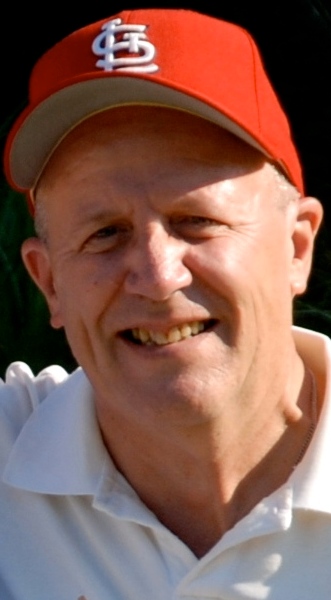From here, the biggest surprise of the session: The parties overcame their immovable object on congressional redistricting, and approved a redistricting map.
That they did it as swiftly as they did on the legislative side was surprise enough, but there the parties didn't have a single hard-core difference. On the congressional side, there was, and it was simple enough for everyone to understand: The Republicans wanted all of Multnomah County in one congressional district, and the Democrats wanted it split up.
Seems here that, since the final plan does include substantial splits of Multnomah County, the Republicans gave a little more than the Democrats. But not by a lot; there was compromise here. Only a much smaller piece of Multnomah remains in the close-split 5th district (which is mostly based around Salem and Clackamas County), easing the biggest piece of Republican heartburn. And less of Portland will remain in the 1st district, which may it a tad more Republican (though unlikely enough to make much real difference). And, while the 5th district gets a little more Republican, the 4th gets a little more Democratic, with more of Corvallis included there. (Not important, probably, as long as Democrat Peter DeFazio runs there, but possibly significant after he no longer does.)
Assuming the plan is signed, you can probably figure - all things considered - congressional politics in Oregon won't change much.
Check out the discussion as well on Blue Oregon. A key bit of analysis on the Clackamas shifts from Kari Chisholm:
The key part of the compromise appears to be this final element. After initially proposing moving Milwaukie and the area around Reed College into Schrader's district, the Democrats backed off and just proposed moving Milwaukie. The Republicans didn't have Milwaukie moving, but did have Sunnyside and Happy Valley moving (along with Damascus, Boring, Sandy and the rest of rural Clackamas County.) The compromise map puts those elements together - and moves Milwaukie, Sunnyside, Mt. Scott and part of Happy Valley from Blumenauer to Schrader.
Of course, it's those parts of Clackamas County that are growing the fastest. The Rs are clearly betting that as those places grow, they'll retain their conservative character. The Ds are clearly betting that as those places grow, they'll do what Washington County did - and move to the middle.




